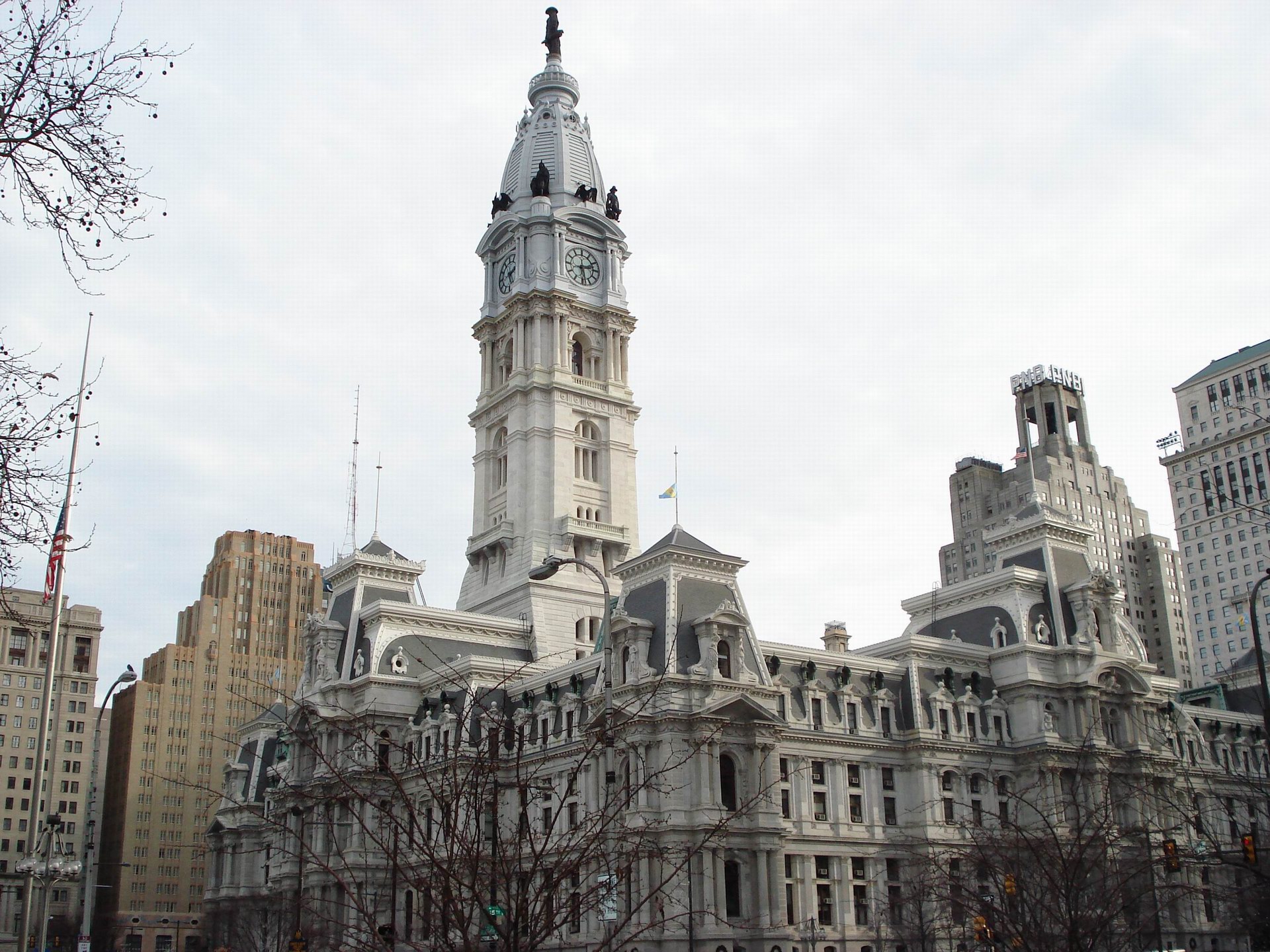
Philadelphia's New City ID: The impact and the concerns
In the first week after the launch of this new program, the positive reactions have been widespread — along with a little fear.
On April 4, the city of Philadelphia unveiled the new municipal identification card for those 13 years of age and older. This government-issued ID will allow those living in Philadelphia who may be undocumented immigrants, residents experiencing homelessness, returning citizens, and members of other vulnerable or marginalized populations to have a recognized identity card in the city.
The ID serves as a pass to public buildings, schools, and even city-funded programs. Since not everyone is able to afford a state ID, the city of Philadelphia has issued the identification cards at a low cost: $5 for teens, $10 for adults and free for those who are 65 and older.
Those trying to obtain PHL City ID must show proof of identity and that you live in Philadelphia. In this case, a U.S. or foreign passport, veteran’s ID, U.S. or foreign driver’s license, consular card, and school ID are proof of identity. A utility bill, bank statement, paystub and even a letter from a hospital or shelter home are all possible ways to prove residency.
The way to obtain this identification has been set up to be a simple process. Those interested can arrange an appointment at the assigned location in City Hall, and they can walk away with their new ID card thirty minutes after.
If you need a Photo ID, come to our walk-in center (Room 167 in City Hall)! Check out all the info and benefits for this government issued ID card here ➡️ https://t.co/I4uvGv1SS6 pic.twitter.com/q8WvbnIBcm
— Philly311 (@philly311) April 4, 2019
Although the card offers great benefits, many Philadelphia residents are starting to question if those who are undocumented or are homeless are really going to benefit from this. Some are concerned by the fact that the ID will set a precedent that everyone, including those who are homeless, who are forced to move frequently, or are otherwise in situations that make it difficult to carry identification documents with them at all times, will now be expected to prove their residency and that they belong here in Philadelphia.
Individuals from the undocumented community also believe that municipal IDS may make it easier for Immigration and Customs Enforcement (ICE) officers to track down the most vulnerable residents. And this is a valid concern. With the Trump administration’s aggressive immigration policies, many immigrants live in fear of being deported because of the lack of a simple document.
But that is why Mayor Kenney, along with the office of Councilwoman Maria Quiñones Sanchez, reached out to various organizations — including the immigrant rights’ organization Juntos and the Consulate of Mexico in Philadelphia — in order to find a solution for providing IDs while also ensuring the protection of Philadelphia’s immigrant communities.
Carlos Torres, Consul of Media and Promotion, informed AL DIA that in 2016, the Consulate presented Councilwoman Quiñones-Sánchez with the Matricula Consular de Alta Seguridad (MCAS), an identification that is issued for Mexican citizens in Philadelphia which allows them to be fully identified, open bank accounts and have access to other services in the city.
According to Carlos, “the office of Councilwoman Quiñones-Sánchez took note of the characteristics of this consular document, as well as of the elements that could be considered for the design of the Philadelphia ID.” And these characteristics do not go unnoticed in this new program.
RELATED CONTENT
Even though the Matricula Consular is a form of reliable identity, the community believes it can be an easy target and a form of evidence against them. The City of Philadelphia has promised that the PHL City ID should take away any fear that undocumented immigrants might have, since any compromising record will be removed from the system as soon as an applicant receives their card.
Miguel Andrade, communications manager of Juntos, explains that “Only three pieces of information are actually kept at City Hall, and that is your name, the ID Card number and the date the card was issued.” In other words, the City of Philadelphia will not keep a record of any personal information that can help track down or harm an individual.
What about those who are struggling to prove their living situation? This is another question that has been a concern to the residents of Philadelphia. And as the Consulate states that “the right to identity is not only a human right enshrined in international conventions, but in this particular case, it will allow the population that lacked this document - by definition in a vulnerable state - to be able to access the basic services that it needs so much to continue to develop fully.”
In this particular case, the homeless are also entitled to an identity just as much as any other individual. For this reason, the City of Philadelphia has created a list of over 80 documents that are eligible as proof of evidence. Even if the individual does not have a residence, there are many ways they can prove that they are living in Philadelphia. The list can be found on the City of Philadelphia website.
Since the release of the card, Juntos has been receiving continuous calls from people about this new program. According to Andrade, about 800 cards have been issued so far at no cost, since the first 1000 cards the city issues will be free.
For those who may still have questions about the PHL City ID, the Juntos office will be hosting an information session on April 29 at 6:00 pm at 600 Washington Ave. Representatives will be speaking about the program and will be able to answer the concerns.











LEAVE A COMMENT: